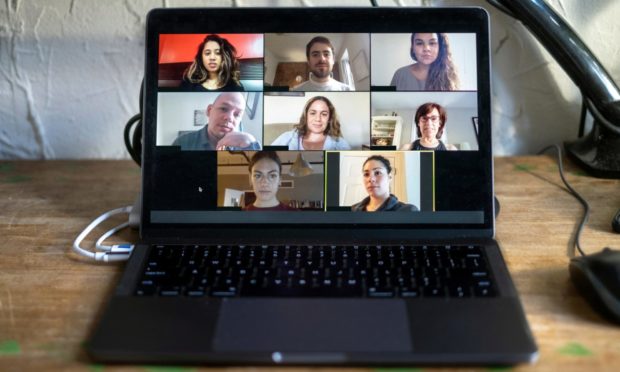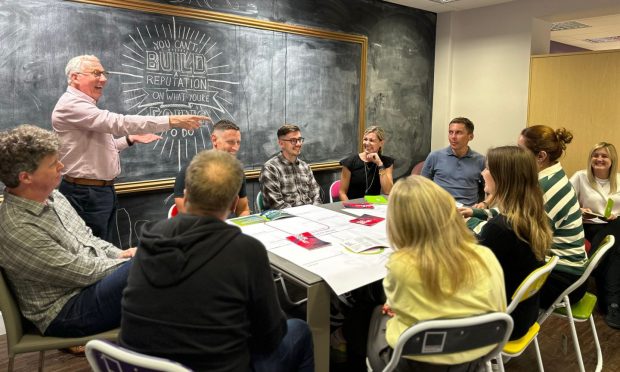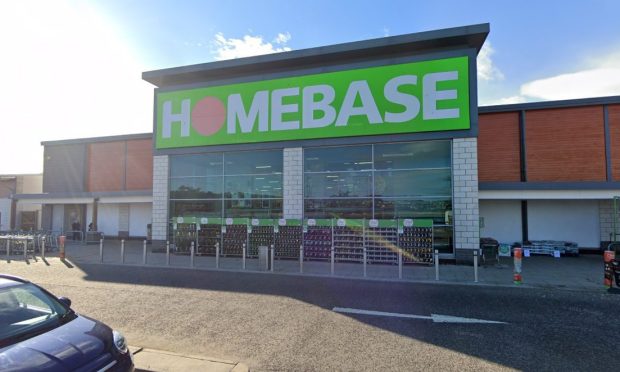The Covid pandemic is leading to long-term shifts in recruitment and workplace practices with the majority of employers expecting their staff to continue working from home in the future, a new report has found.
The Institute of Directors (IoD) surveyed nearly 600 business leaders that had to adopt new practices during the pandemic.
The organisation said many are looking to make longer-term changes to how they operate.
One third plan to reduce office space
Of these respondents, 59% said they plan to use virtual interviews for hiring beyond the pandemic.
Around 1 in 3 intend to cut back on office space, while roughly 1 in 4 plan to hire more staff under flexible contracts, and 1 in 5 would make more use of co-working spaces and hotdesking.
Reflecting reports of increased remote working over the long-term post Covid, around 80% of business leaders said they would use working from home arrangements more in the future.
Hiring by video “levelling the playing field”
Joe Fitzsimons, senior policy advisor for IoD, said: “Business leaders have had to adapt quickly during the pandemic.
“Recruitment and workplace behaviour have had to change to adjust to restrictions and uncertainty. Many organisations are now looking to see which pandemic practices may be advantageous for them to keep well into the future.
“While there are many benefits to virtual interviews in levelling the playing field for applicants and increasing diversity and inclusion, these practices also place greater demands on the broader skillset of directors.
“Recruiting and onboarding employees at a distance, particularly for less experienced individuals at the early stages of their career, can prove challenging.”
He added: “Organisations will need access to individuals with technical know-how, leadership and management skills and an ability to quickly adapt to changing workplace norms over the coming months.”
MORE: IoD Scotland to host Highlands & Islands forum next month










